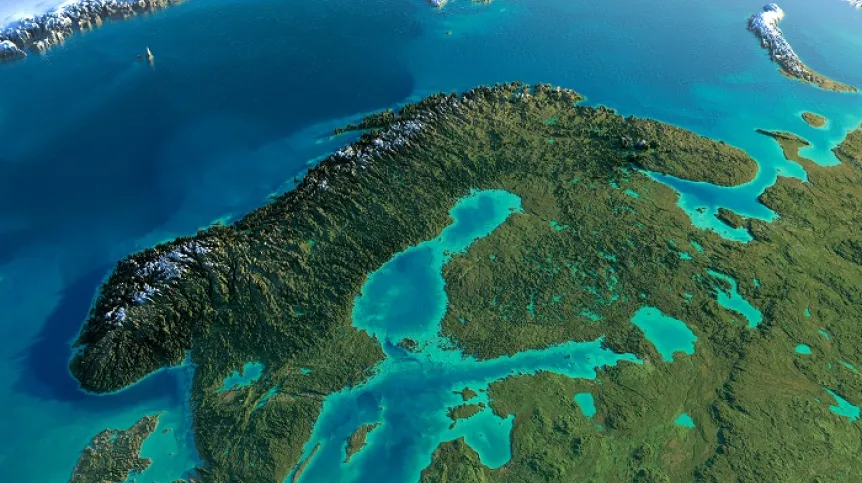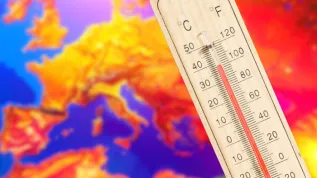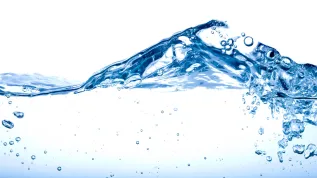
The temperature increase in the Baltic Sea catchment basin of 0.08 degrees Celsius per decade is higher than the average increase for the entire Earth, estimated at 0.05 degrees Celsius, says a report by the Institute of Environmental Protection-National Research Institute.
According to the authors of the publication, the climate changes are manifested primarily by a lower number of very cold days, shorter duration of the ice cover and its lower thickness on rivers and lakes, especially those in the eastern and south-eastern part of the Baltic Sea catchment area. They forecast that the average annual air temperature will increase in the 21st century by 3-5 degrees Celsius, and the greatest warming is expected in the winter months in the north and east of the Baltic Sea, and in the summer months in its southern part, including Poland.
'By the end of the century, this may extend the growing season by 20-50 days in the north of the catchment area, and 30-90 days in the south, the report says.
The forecasts for the southern part of the catchment area vary greatly depending on the model. According to the report: ’Some of them indicate a future decrease in total rainfall. The probability of torrential rains will increase - their amount and frequency.’
The institute adds that almost in the entire sea catchment basin, we can expect a reduction in the thickness of the snow cover and its shorter period of occurrence. However, the general trend does not rule out the occurrence of years with extreme conditions, when the amount of water accumulated in the snow cover will be particularly high.
The authors of the publication predict that typical spring floods will occur earlier, in the first quarter of the year, which they say ‘will result from the rising air temperature, earlier thaws and changes in the annual distribution of precipitation.’ However, in the summer, due to less rainfall and higher air temperature, more frequent dry periods should be expected.
The experts also expect an increase in the temperature of the surface water layer, with - in their opinion - the greatest changes to occur in the summer in the Bothnian Bay and the Bothnian Sea, and in the spring in the Gulf of Finland. 'The water temperature will increase in the summer by about 2 degrees Celsius in the south of the basin, and by about 4 degrees in its northern part. Temperature changes will mainly affect the near-surface layer of water, so this process will also increase the thermal stratification of the sea,’ the researchers write.
The institute representatives also point out that the projected climate changes will have an impact on reducing the salinity of the Baltic Sea. According to climate scientists, the largest changes will occur in the area of the Danish straits, and the smallest in the northern and eastern Baltic. They add that the expected changes in the salinity of sea waters result from the projected changes in river runoff, with its predicted increase in the entire catchment area from a few to over a dozen percent.
The report also states that one of the effects of the Baltic waters warming may be the displacement of cold-water organisms by warm-water species.
The experts note that the exact direction and intensity of some changes taking place in the Baltic Sea are not fully understood. 'The results of mathematical models often give very different results, depending on the initial assumptions. This is due to the interconnectedness of a number of processes occurring not only in the sea itself, but throughout its catchment area. However, it can be said with certainty that in order to reduce our negative impact on the Baltic Sea, it is necessary to further reduce the anthropopressure associated with urbanization, the development of intensive agriculture and industry. Numerous pollutants from these sources are transported by rivers to the sea and have a negative impact on the local ecosystem and physical and chemical conditions,’ the report concludes. (PAP)
Ewa Wesołowska
ewes/ mick/ kap/
tr. RL













